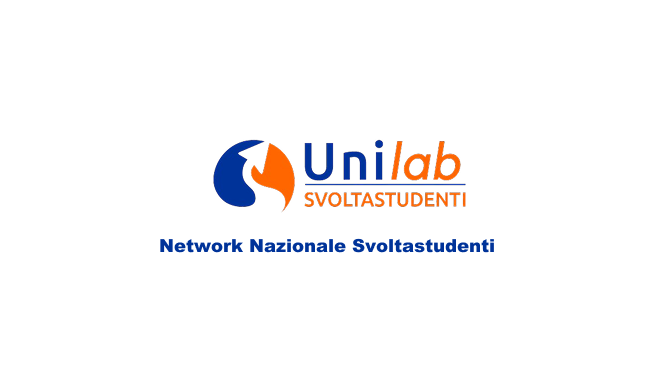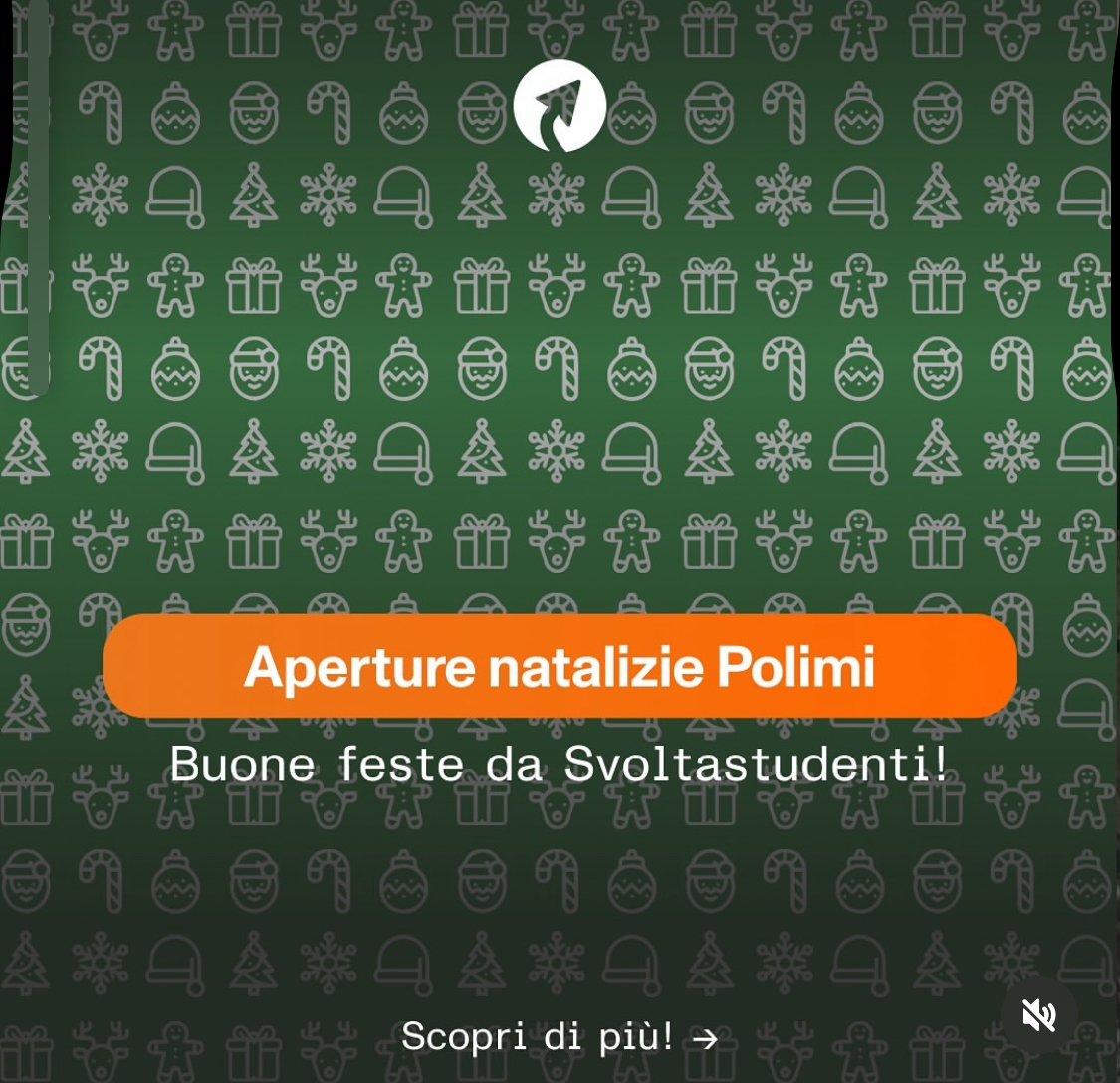The evaluation and control of the quality of teaching are fundamental to guarantee students and the whole university excellence in the educational offer to which the Politecnico di Milano aims.
Currently the power of QDD (teaching questionnaires) is greatly limited for various reasons.First of all, it would seem that part of the teaching staff has some reservations about the effectiveness of QDDs.Moreover, the students themselves are not fully aware of the usefulness of compiling QDDs because they do not see them as effective and direct tools in improving the training offer.All this creates a virtuous circle that affects the reliability and the result of QDDs.
The objectives of the teaching observatory will be:
- Evaluate the above problems, causes and resistances.
- Study possible solutions so that QDDs bring the greatest benefit to students, teachers and the university
An effective tool would be able to:
- Provide feedback to teachers about the quality of their teaching and therefore
- Enhance, stimulate and reward THE TEACHERS THEMSELVES BASED ON MERIT
- identify the "weak" areas in which the faculty needs to improve
- "officially" inform students about the quality of teaching and courses by discrediting "word of mouth" (guided by feeling) about the quality of teachings and replace it with an effective and intellectually honest tool that allows students to make informed choices in the compilation of their study plan.
Objectives of the didactic observatory
Regarding the QDDs compiled in May:
- Review the results
- Isolate the critical issues and compare them with previous years
- Report to the competent bodies and teachers in case of obvious problems
Regarding the QDD tool:
- Carefully evaluate its effectiveness demand by demand
- Consider examples of questionnaires applied in other sources as templates
- Modify, add, remove questions if necessary (e.g. question about teachers' knowledge of the English language)
- Identify other tools for evaluating certain areas of teaching, if necessary (e.g. mandatory publication of the works of each laboratory on a publicly accessible portal)
Regarding the presentation of QDD data
- Transparent publication of the results attributed to each teacher and not in an aggregate manner.We could proceed starting from the publication of the "objective" questions such as those regarding the presence of the professor in the classroom, the availability of the same, information about the teaching materials and the examination methods. Once the QDDs have been completed, the results will be published in full.
With regard to the students' distrust of QDDs, the observatory aims to:
- Publish and advertise faculty data clearly.
- Educate and create an awareness in the student about the effectiveness of QDD through meetings and conferences with experts in the field.
Milan, 8 0ttobre 2008
Turning students
Roberto Maffei




